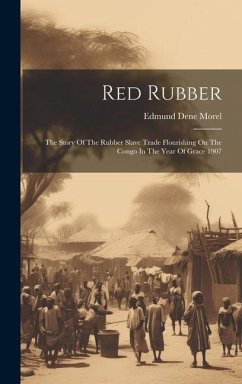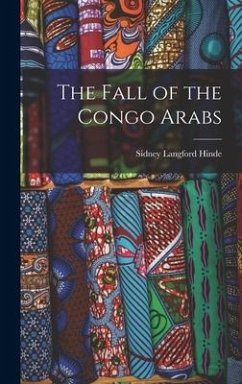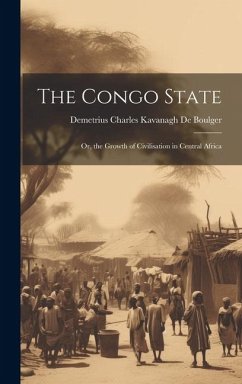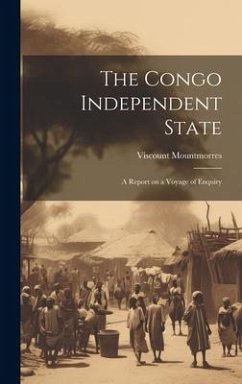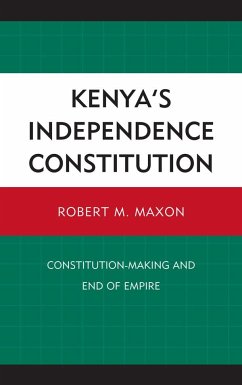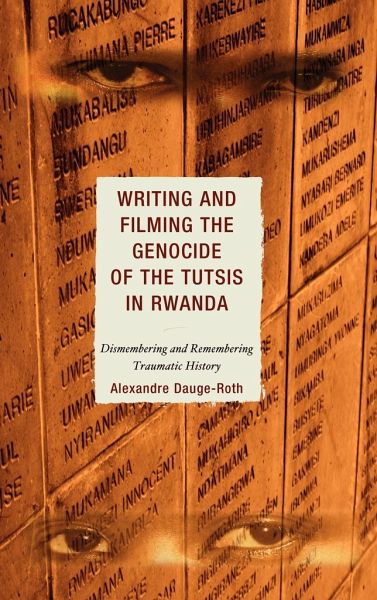
Writing and Filming the Genocide of the Tutsis in Rwanda
Dismembering and Remembering Traumatic History
Versandkostenfrei!
Versandfertig in über 4 Wochen
131,99 €
inkl. MwSt.
Weitere Ausgaben:

PAYBACK Punkte
66 °P sammeln!
Writing and Filming the Genocide of the Tutsis in Rwanda: Dismembering and Remembering Traumatic History is an innovative work in Francophone and African studies that examines a wide range of responses to the 1994 genocide of the Tutsis in Rwanda. From survivor testimonies, to novels by African authors, to films such as Hotel Rwanda and Sometimes in April, the arts of witnessing are varied, comprehensive, and compelling. Alexandre Dauge-Roth compares the specific potential and the limits of each medium to craft unique responses to the genocide and instill in us its haunting legacy. In the wake of genocide, urgent questions arise: How do survivors both claim their shared humanity and speak the radically personal and violent experience of their past? How do authors and filmmakers make inconceivable trauma accessible to a society that will always remain foreign to their experience? How are we transformed by the genocide through these various modes of listening, viewing, and reading?
Writing and Filming the Genocide of the Tutsis in Rwanda is a groundbreaking study that puts into dialogue testimonies, literary fictions, and cinematic representations bearing witness to the genocide of the Tutsis in Rwanda. The analysis of the narrative strategies used by survivors, authors, and filmmakers in their attempt to fulfill the duty to remember leads Dauge-Roth to explore the roles that communities and individuals must play in acknowledging survivors' radically different past and their present quest for a shared humanity.








